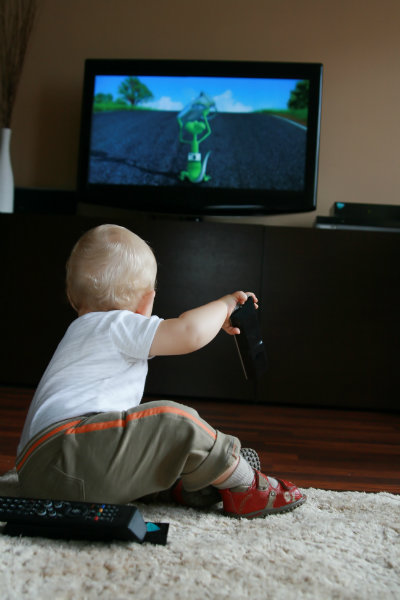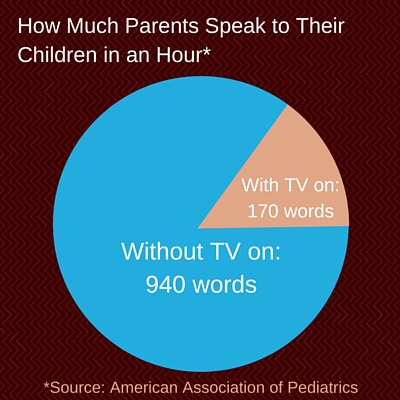 Today children can find screens everywhere. On your phone. In the aisles at WalMart. And probably in your living room. How much screen time is good for your child?
Today children can find screens everywhere. On your phone. In the aisles at WalMart. And probably in your living room. How much screen time is good for your child?
Clients at Choices Pregnancy Center ask us this question often. So we’ve done a little digging to find out the best answers. Here’s what we’ve learned.
1. “If it says it’s “educational,” it must be good for my child.”
Young children don’t learn that way. Marketers would love it if you believed everything they said. Unfortunately, research has shown that children younger than two years of age simply don’t think in a way that can benefit from most “educational” programs. Children under two learn best by interacting with real people who respond to them personally. Real people will talk to them (teaching language skills) or roll a ball back and forth with them (teaching motor skills) or do a variety of other fun things. A screen just sits there.
Young children learn by playing. “Play allows children to use their creativity while developing their imagination, dexterity, and physical, cognitive, and emotional strength. Play is important to healthy brain development,” says the American Academy of Pediatrics. By comparison, TV-watching toddlers are more likely to have problems paying attention when they go off to school. (See this article for more on that.)
2. “I leave the TV on for background noise, but he’s not really watching it.”
Interrupted concentration. Just the moving pictures and noises on the screen may make him occasionally stop what he’s doing to look at it. This interrupts his concentration. Don’t let TV form those harmful patterns in your child’s thinking.
Limited parent-child interaction. The background noise may be keeping you and your child from talking to one another. Your opportunities to interact with your child, which would show that you value him, are being lost under the drone of the show no one’s watching. Studies bear this out:

Cluttered thoughts. What are you not thinking about while the TV’s on? Imagine what problems you could be solving or what plans you could be making if you paid full attention to them! Mommy blogger Shannon Brown remarked,
“It wasn’t until I stopped leaving the TV on constantly for background noise that I realized just how much it was cluttering my thoughts.”
3. “I need to check my device frequently. What’s wrong with that?”
How important is your screen? Dr. Steiner-Adair, author of The Big Disconnect: Protecting Childhood and Family Relationships in the Digital Age, cautions parents to avoid using a mobile device when their children are present. What does paying attention to your screen say to your child? One little girl whom Dr. Steiner-Adair interviewed lamented, “I feel like I’m just boring. I’m boring my dad because he will take any text, any call, any time…” Are you telling your child he’s boring?
Dining with the media? Family meal times can be fun, a chance to connect with each over shared food. But staring at your screen or talking on the phone during meals destroys that potential. One study even reported that screen-distracted adults sometimes use force to stop children from trying to regain their attention. Don’t go there. Put your device away at mealtime. Make meal time family time.
4. “Are you saying I shouldn’t ever let my baby or toddler watch anything on a screen?”
Pretty much. Until age 2, we agree with the American Association of Pediatrics recommendation that “parents and caregivers minimize or eliminate altogether media exposure for children under the age of two.” After age 2, limit screen time to two hours a day.
You will survive. For centuries, parents lived full lives without constantly checking email or Facebook or Instagram. You can, too.
If you must watch, watch together. Carefully choose what you do watch, and then watch it with your child. Talk about what you’re seeing, laugh at the funny parts, and get up and re-enact your favorite parts. Interaction between you and your child is the key to making the most of that screen.
———-
Looking for some great alternatives to screen time?
Check out these articles:
http://mom.me/parenting/4873-things-do-your-kids-other-watch-tv/
http://www.parents.com/fun/activities/rainy-day/tv-free-activities/
Want more info? Stop in our office for a free brochure on screen time for young children.
